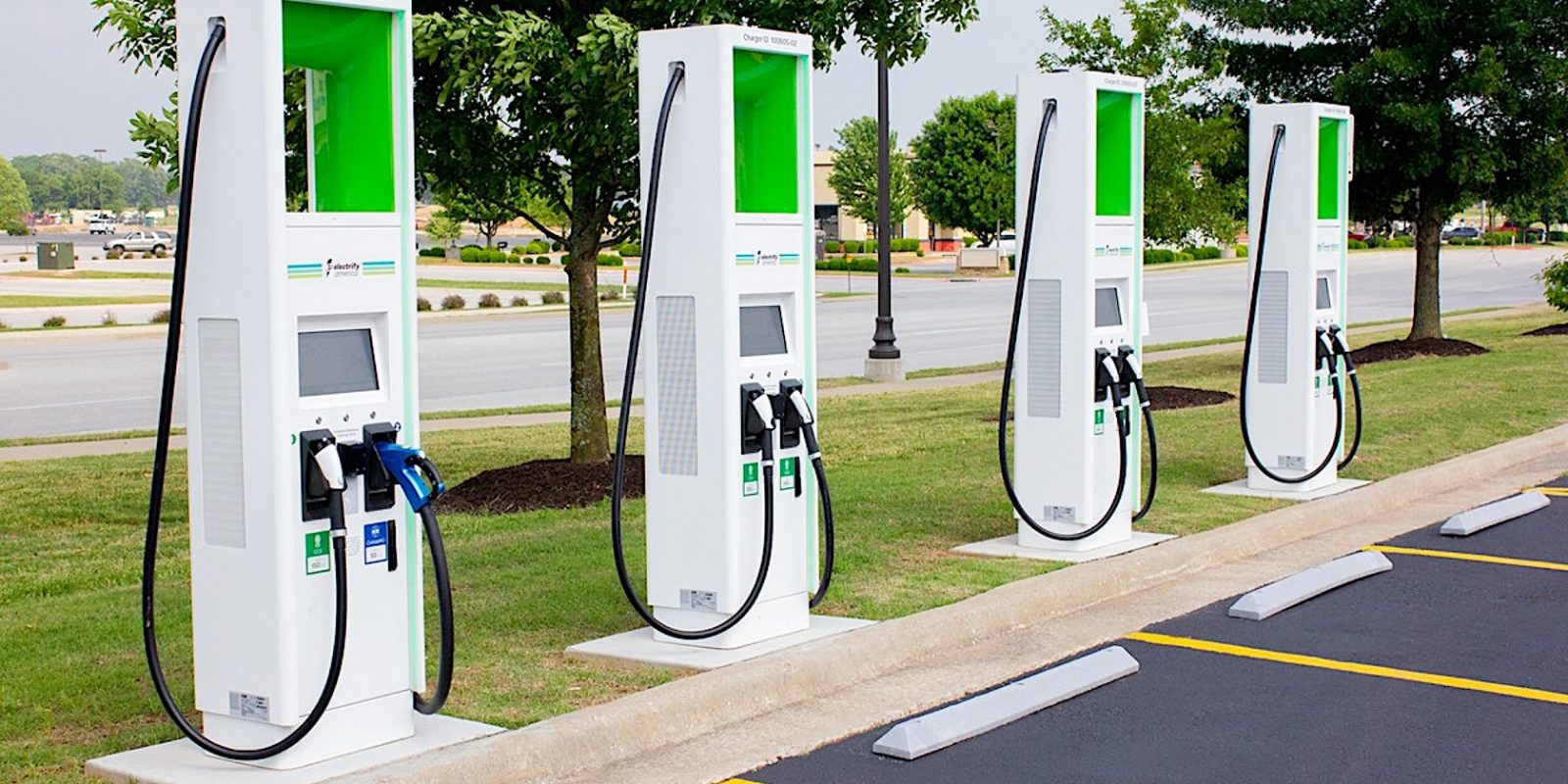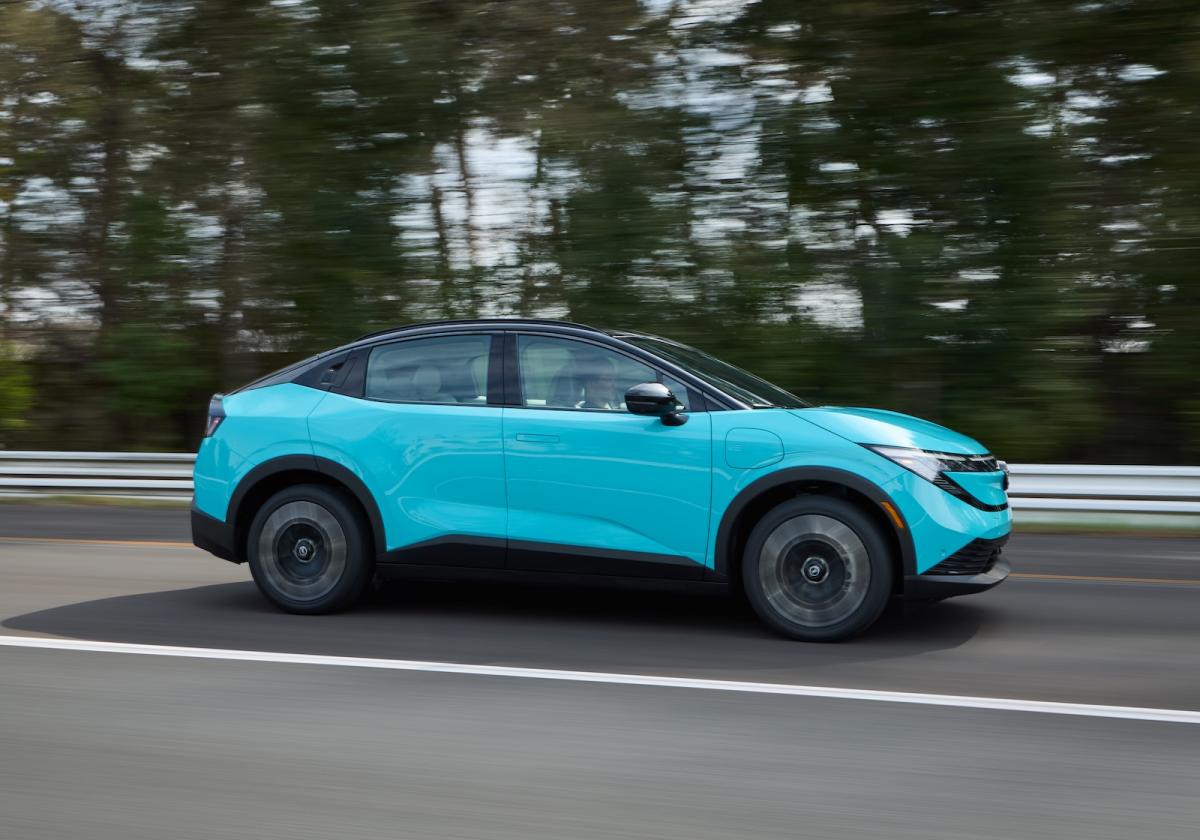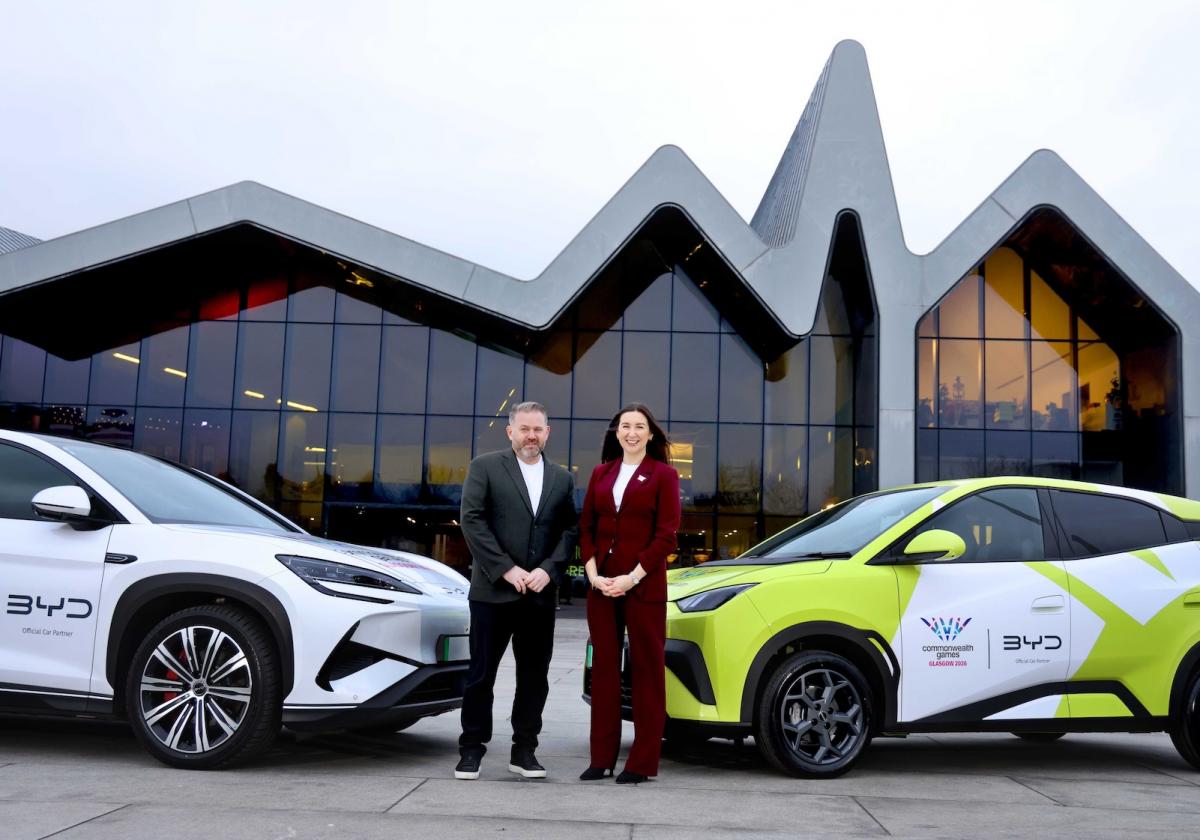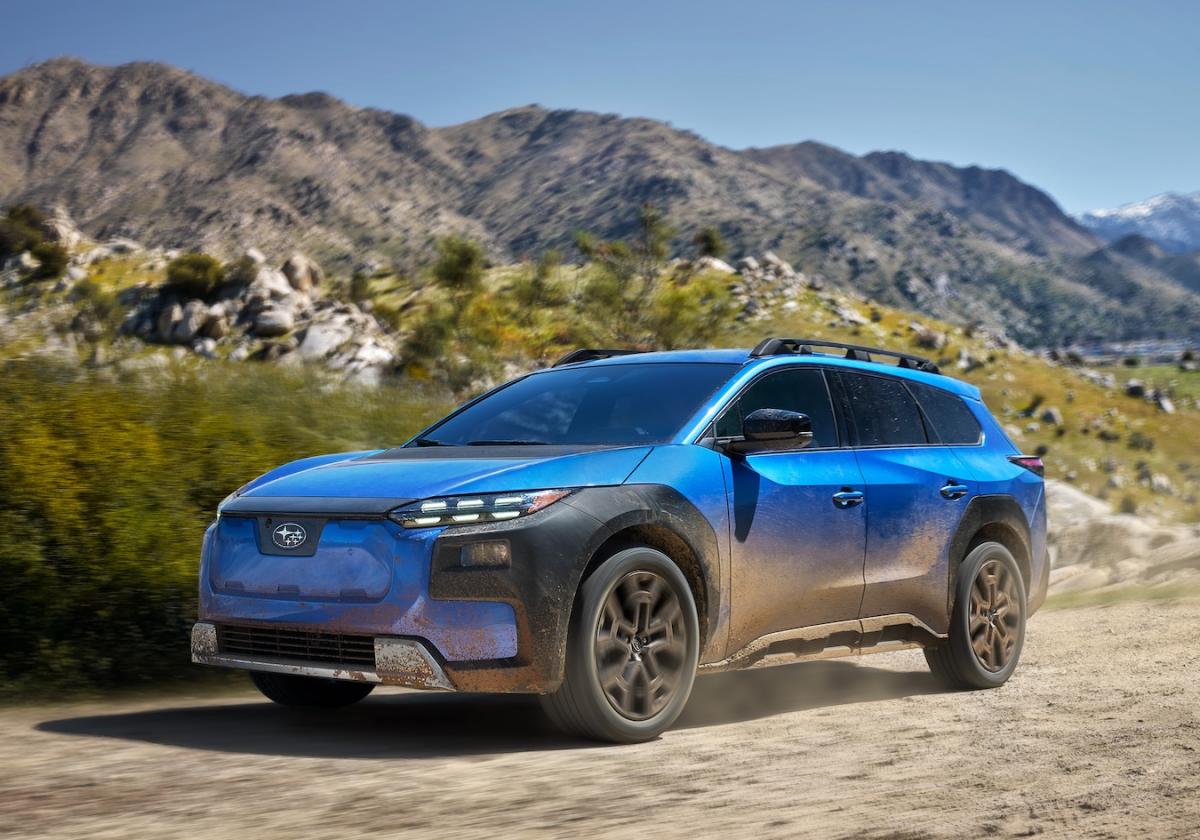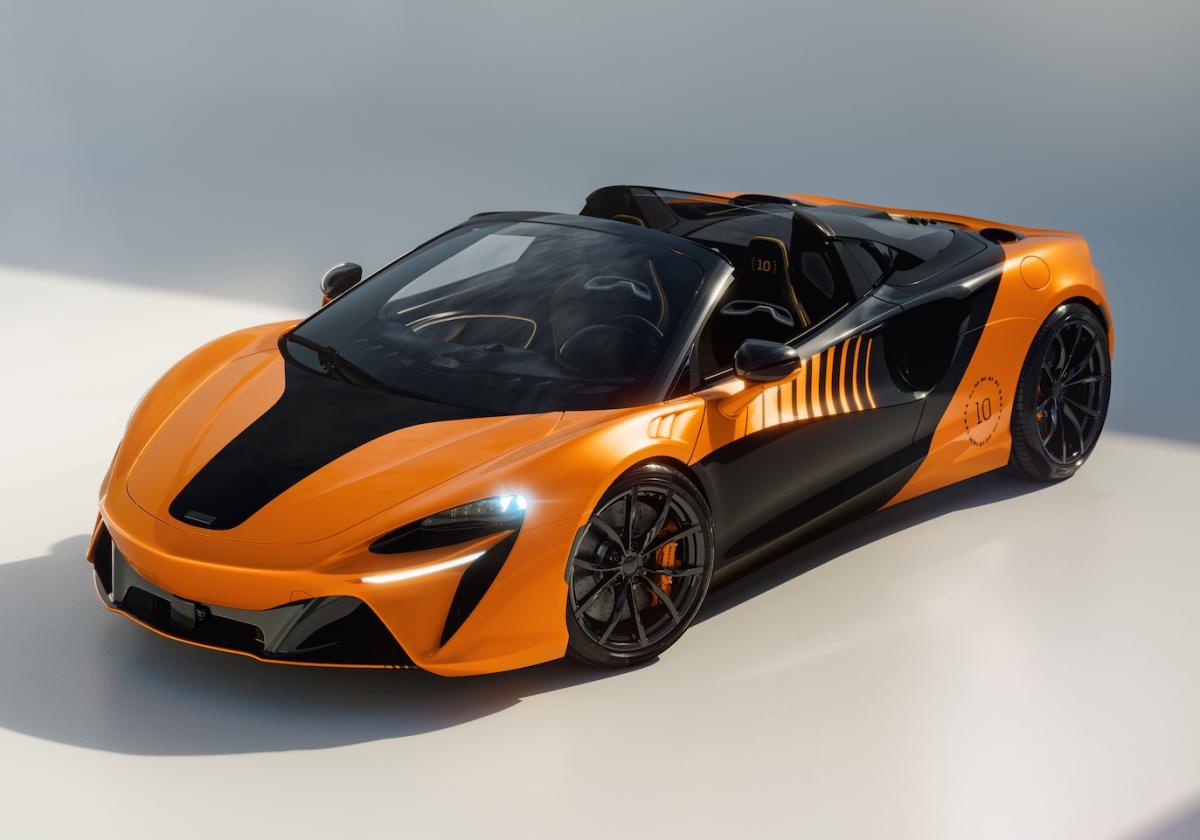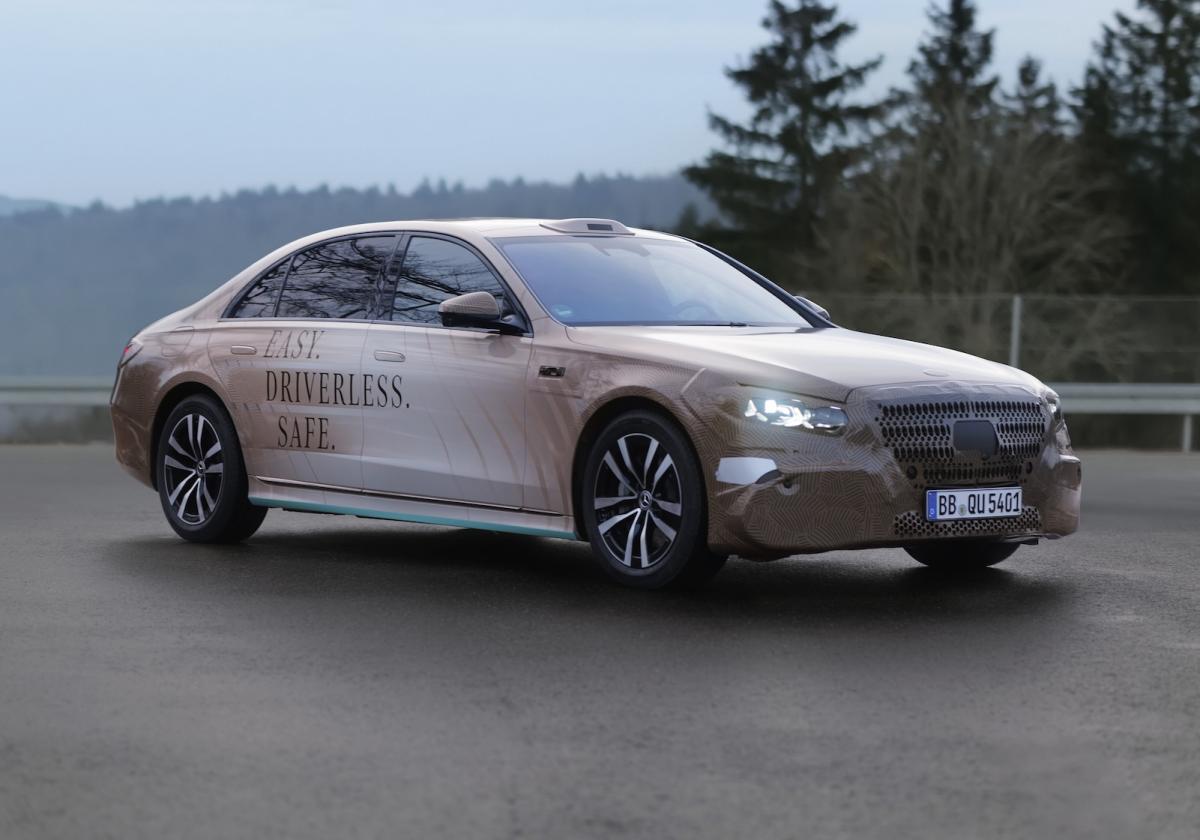- Over 90% of Americans live within 10 miles of a Walmart
- The plan focuses on a strategy to install chargers at thousands of Walmart and Sam’s Club locations across the U.S. by 2030
- Following 7-Eleven and others, Walmart is not the first chain to introduce such a network
Back in 2019, Walmart introduced 120 EV fast charging stations at its stores across the country, with the promise to expand in the near future. That future is here.
Late last week, Walmart revealed plans to dramatically expand its EV fast-charger network to keep up with the rapidly growing EV market.
Over 90% of Americans living within 10 miles of a Walmart store, according to the company. That means it has the potential to offer fast-charging to many more drivers, including those in underserved areas.
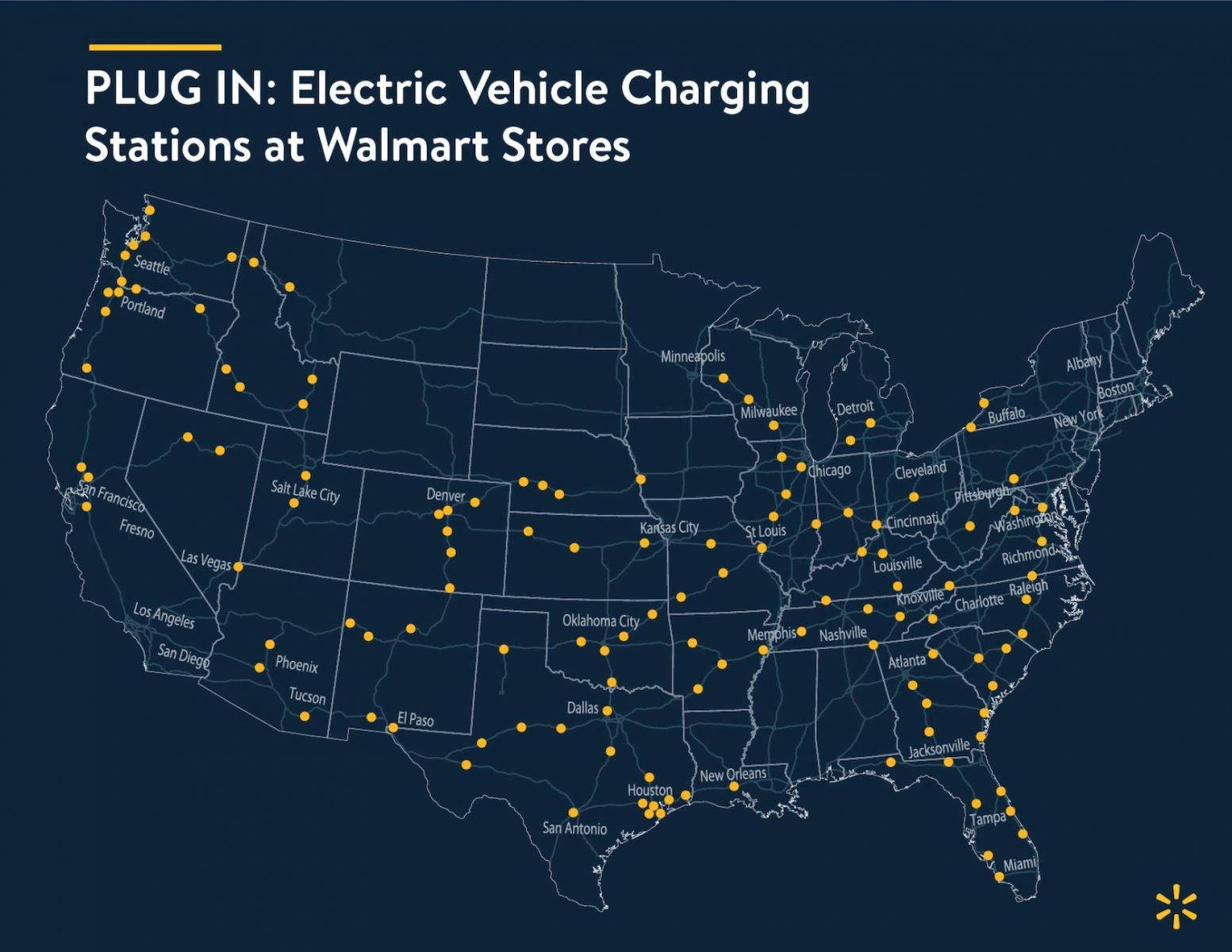
The plans focus on a strategy to install chargers at “thousands” of Walmart and Sam’s Club locations across the U.S. by 2030, the company says. It already has nearly 1,300 such chargers available at more than 280 locations.
The company is still sorting out the specifics, including how many chargers will be installed at each location, how closely they’ll be located to each store’s entrance, and how they’ll be powered. The good news is that Walmart chargers already have a good reputation, being located in well-lit, well-serviced, safe locations.
“We see our commitment today as a natural extension of our work to help customers and members live better, easier and more sustainable lives,” Vishal Kapadia, Walmart senior vice president for energy transformation said.
He called it “a big win for busy families and drivers everywhere, our country and the planet.”
Walmart is not the first chain to introduce such a network. In fact, it is the latest retail or fast-food chain to announce a major EV charging initiative, following 7-Eleven, Subway and others.
As more newly launched EVs land in showrooms every month, and as the demand for a more comprehensive infrastructure grows, retailers increasingly view charging as both a competitive necessity as well as an extra revenue stream.
They could take a slice of charging fees, for example, or be eligible for government subsidies designed to encourage private companies to install more chargers.
In addition, charging an EV can take anywhere from 20-30 minutes or longer, depending on the car and charging system — creating a pool of potential customers more likely to wander around a store making spur-of-the-moment purchases or grab a bite at the food court.
It’s great to have chargers available while you’re out and about, but EV ownership is far easier when you’ve got charging available at home. And it’s cheapest if you’ve got residential solar power.
OUR THOUGHTS
The “chicken or the egg” dilemma facing EV rollout — which comes first, car sales or chargers? This age-old question appears to be just about settled. It’s increasingly clear that installing more EV chargers leads to higher adoption. And chain stores like Walmart have a lot to benefit from such an expansion, while shoppers get far better fast-charging access.

